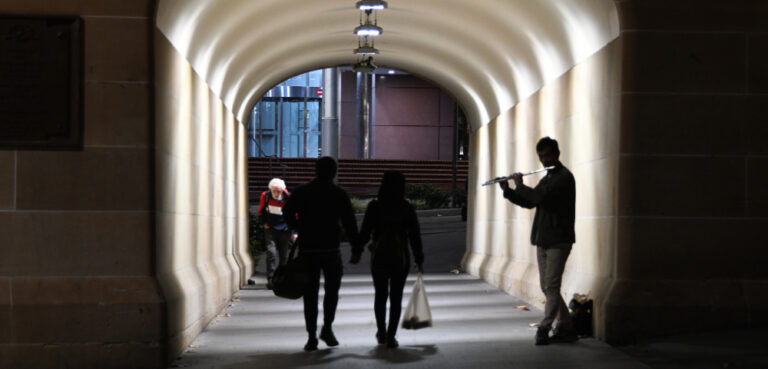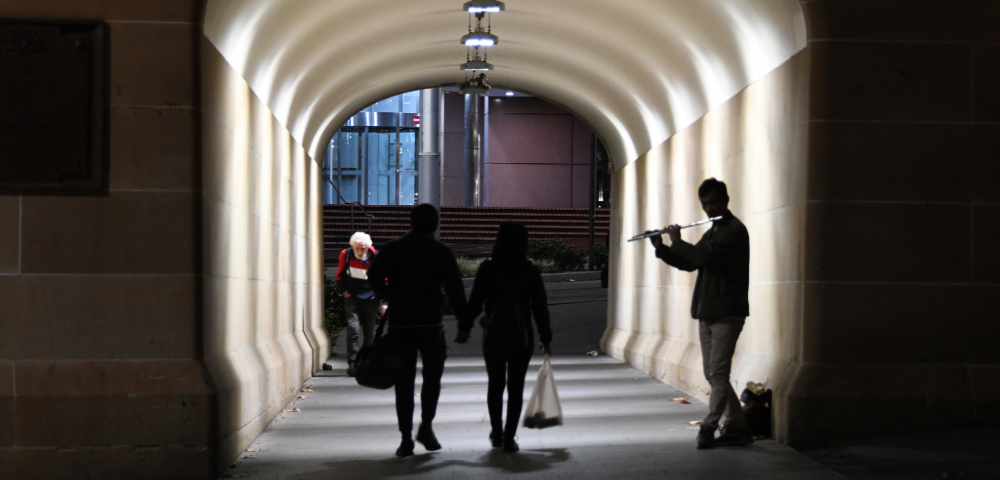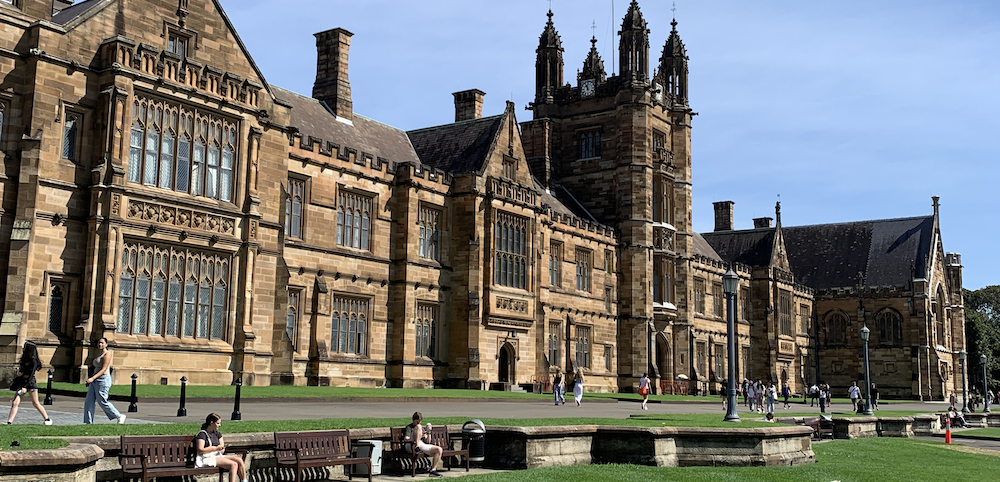
Period Poverty Reveals Forced DIY Solutions Amid Cost-of-Living Crisis

An Australian survey of over 153,000 individuals has uncovered alarming statistics about the widespread struggle to afford menstrual products.
According to the 2024 Bloody Big Survey, the world’s largest body of data on menstruation, three in five people, or 64 per cent, struggled to afford period products. Additionally, one in four people reported having worn a tampon or pad for more than four hours in the past year due to cost.
Medical experts advise changing disposable pads every 3 or 4 hours (or more frequently if individuals have a heavy period)for good hygiene practice.
$9.6 billion per year in missed days of work due to periods
The Bloody Big Survey revealed that period-related absenteeism costs the Australian economy $9.6 billion annually. This estimate is based on their findings that individuals miss an average of six workdays per year due to menstrual issues.
Researchers devised the median daily earnings for women as $230 by noting statistics from the Australian Bureau of Statistics and the Australian Institute of Family Statistics.
The cost, pain, and stigma associated with menstruation have significantly affected women, girls, and gender-diverse individuals who menstruate to study, work, and participate in sports without interruption.
Period poverty can be defined as the lack of access to safe and hygienic menstrual products during monthly periods and inaccessibility to basic sanitation services or facilities as well as menstrual hygiene education.
Cost-of-living crisis hits tertiary students hard
Share the Dignity found that period poverty was affecting university and TAFE students the most due to the rising cost of living.
People spend a median of $15 per month on period products. Over a lifetime, with an average of 450 periods, this amounts to approximately $6,750 spent on these essential items.
Period poverty amid the cost-of-living-crisis has forced some menstruators to come up with low-cost alternative solutions, like substituting pads for household items including toilet paper, cloth and socks.
Share the Dignity reported that in rural areas, 24.3% of menstruators had to improvise with makeshift period products due to cost, compared to 18.7% in urban areas.
Also, 74% cent of people in rural areas were reported to have difficulty purchasing period products while 63% found the same in urban areas. Rural areas were also more likely to use free period product dispensers or Dignity Vending Machines highlighting a lack of accessibility to these products and services there.
According to the report, period poverty is most severe among Australia’s gender-diverse community in Sydney.
First Nations and gender diverse populations were also reported to be disproportionately impacted by period poverty. In the last 12 months, they were unable to afford period products at a higher rate than cis-gender and non-Indigenous people.
Share the Dignity have shipped 295,000+ period products to remote Indigenous communities to promote better health and dignity for individuals who menstruate.
Key recommendations to tackle ‘period poverty’
Share the Dignity declared that addressing period poverty would require tackling the shame and stigma associated with menstruation. Key recommendations from their report highlights the need for governments to expand their commitment by providing free period products in primary schools, and period products and sanitary bins in sporting venues and workplaces.
The organisation noted the Victorian government’s initiative to “enshrine access to free period products in law”.
Victoria is the first state or territory in Australia to ensure every government school student has universal access to free sanitary products, and has committed to providing free pads and tampons in vending machines located in public places across the state.
The organisation declared their goal to see this implemented state-wide, across schools and sporting bodies to fight period poverty, and ensure that no one goes without essential period products.









